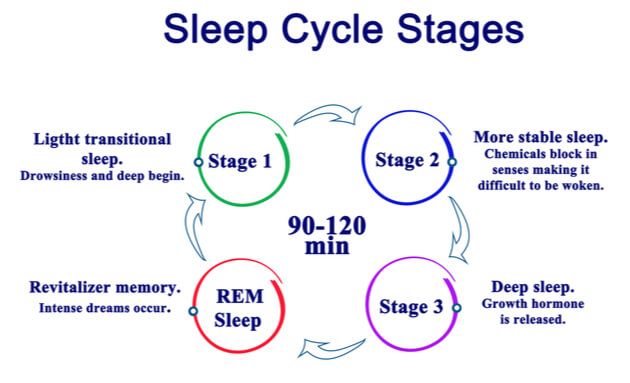Diabetes: Reasons For Lack Of Sleep Due To High Blood Sugar

While it is commonly believed that a poor diet, lack of exercise as well as obesity are some reasons that can lead to diabetes. few people realise that lack of sleep (less than roughly seven hours) can also increase your chances of getting diabetes. Read on to know more about the surprising connection between poor sleep and diabetes.
Basics Of Sleep and Diabetes

Sleep follows a cyclical pattern, known as the Sleep Architecture. The pattern it follows is of alternating REM (Rapid Eye Movement) and NREM (Non Rapid Eye Movement) throughout a typical night, repeating every 90 minutes. NREM is 75% of our sleep time and REM is the deepest stage and the most restorative for the body.
Sleep is a restorative activity that affects many metabolic and hormonal processes. It helps the body 'recharge' itself every night, running essential processes and contributing to a healthy immune system. It also balances our appetites by regulating levels for the hunger hormones - ghrelin and leptin.
When sleep is inadequate, we feel the need to eat more leading to weight gain. It also plays a major role in maintaining insulin sensitivity and controlling blood sugar levels.
To know diabetes, let us understand blood glucose or blood sugar. It is derived from the food we eat and provides us energy. This conversion from food to energy is facilitated by a hormone called Insulin, produced by the pancreas. When the body cannot make or utilize adequate levels of insulin, glucose stays in the blood and cannot reach the cells. This is when diabetes happens.
The Link between Sleep and Diabetes
Now that we understand the role of sleep and what happens in diabetes, the link is not difficult to imagine. Sleep deprivation issues build slowly and can be challenging to break once it becomes a pattern.
Here are 4 ways how lack of sleep can increase your likelihood of getting diabetes:
-
Insulin Level Imbalance
[caption id="attachment_13111" align="alignnone" width="630"] Insulin Level Imbalance[/caption]
Insulin Level Imbalance[/caption]
Less sleep means less insulin released in the body and over time, insulin resistance increases. This then turns into a cycle - lack of sleep leading to high glucose and high blood glucose keeping you awake. -
Increased Appetite
Lack of sleep increases appetite and this can cause food cravings, especially for junk food or carbohydrates and sugary foods. You also wake up feeling hungry leading to another cycle of eating. All this can cause imbalances with your hormone levels, and increase weight - a risk factor for diabetes. -
Reduced Physical Exercise
Fatigue is an expected outcome but it can also keep you back from exercising. Lack of exercise means levels of weight and blood sugar control are also impaired. -
Spiral Of Anxiety
[caption id="attachment_13113" align="alignnone" width="630"]
 Anxiety - sleep deprivation[/caption]
Continued sleep deprivation impacts emotional health negatively, from anxiety to depression. It becomes more difficult to break the cycle and practice good lifestyle habits. Stress hormones like cortisol also increase, which makes you stay more awake
Anxiety - sleep deprivation[/caption]
Continued sleep deprivation impacts emotional health negatively, from anxiety to depression. It becomes more difficult to break the cycle and practice good lifestyle habits. Stress hormones like cortisol also increase, which makes you stay more awake
Tips For Getting Good Sleep
[caption id="attachment_13112" align="alignnone" width="630"] tips for good sleep[/caption]
tips for good sleep[/caption]
- Eat a light dinner and sleep early, preferably at the same time.
- No caffeine from afternoon onwards and avoid alcohol in the evening. Alcohol keeps you in the lighter stages of sleep, impacting the critical REM stage
- Avoid daytime napping after 3 pm and no exercising just before bed
- Dim the lights - it seems trivial but makes a big difference
- Build a small routine around sleeping, like it is done for infants.
- Have a warm bath, switch off the light in your room, play some calming music
- Your physical space, the bedroom should be comfortable, not noisy and well ventilated.






